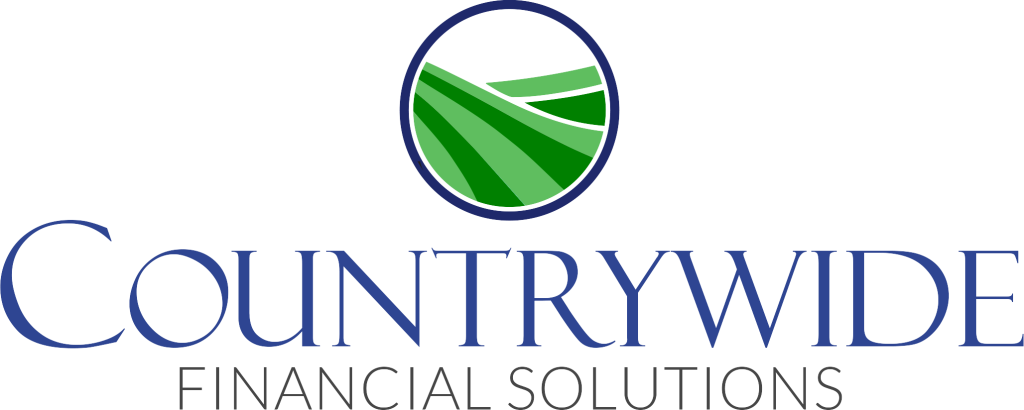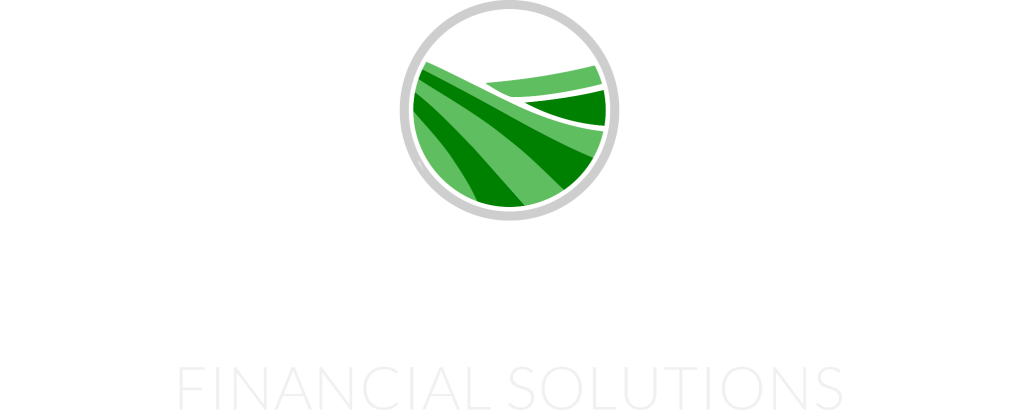
01 Apr SBA Loan Defaults On The Rise – How It Will Affect Small Businesses
SBA loan defaults have skyrocketed in the recent past. What seemed like a promising program with a blend of low interests now faces increasing delinquencies, high charge-offs and loan defaults. Last year, the agency announced they will approve small-dollar loans in the next 7 years.
This move was criticized by republican lawmakers who claimed that the agency move would result in defaults. While the SBA came out to defend these statements and said their 7 (a) loan portfolio was in good shape and had only a 2.4% default rate. Reports show that the defaults have increased.
But before we dive into what this means to small businesses, let’s look at the recent default rates.
Small Business Loan Default Rates
According to the Coleman Report, small business delinquency hit 1.78% in November, six points higher than the previous year. Last year, small business loan defaults increased by 49 points, increasing default rates by 3.40%. Florida has the highest default rate of 4.72%, while North Dakota has the lowest default rate of 2. 04%.
According to Search funder, in 2024 financial year, the SBA 7 (a) program default rates were 3.69% while the SBA financed acquisition default rates were 1 to 2 % higher.
The increasing default rates has raised eyebrows and in a recent US Senate committee hearing for small businesses, members were concerned about the SBA 7 (a) loan program and if its self-sufficient due to reduced government guarantees and increasing default rates.
However, the default rates are declining for the first time since November 2024 compared to 2 years ago. And this default trend is expected to decline to 3.19% as projected by next year. The SBA had predicted that their 7 (a) Program would be a high risk if its default rate surpasses 4%.And with the current default rates standing at 3.69%, still this raises concerns about its self-sufficiency.
What SBA Loan Defaults Means to Small Businesses
Loan defaults are not something business owners prepare for. But why would they? Everyone goes into business with hopes to succeed. Despite the rigorous background checks businesses undergo before getting an SBA loan, sometimes the business environment may not favor some industries, leading to defaults.
Like other loans, defaulting on your SBA loan can negatively impact your credit score and may make it hard to secure funding in the future. But instead of waiting until you fall back on payments, it is a great idea to talk to your lender earlier to negotiate restructuring your loan.
However, companies that are looking for financing should not panic as SBA has different loan programs for businesses. But before submitting your application, you must understand the terms. Talk to your lender and ensure you know the benefits of each SBA loan program.
Wrapping Up
SBA loans offer flexible financing options to businesses. However, defaults can ruin your business credit score. Working with a reputable SBA lender can help you explore other alternative financing or restructure your repayment to suit your business needs. If you are looking for a reputable SBA lender, Countrywide Financial Solutions is here to help you with all your financing needs. Contact us today.


